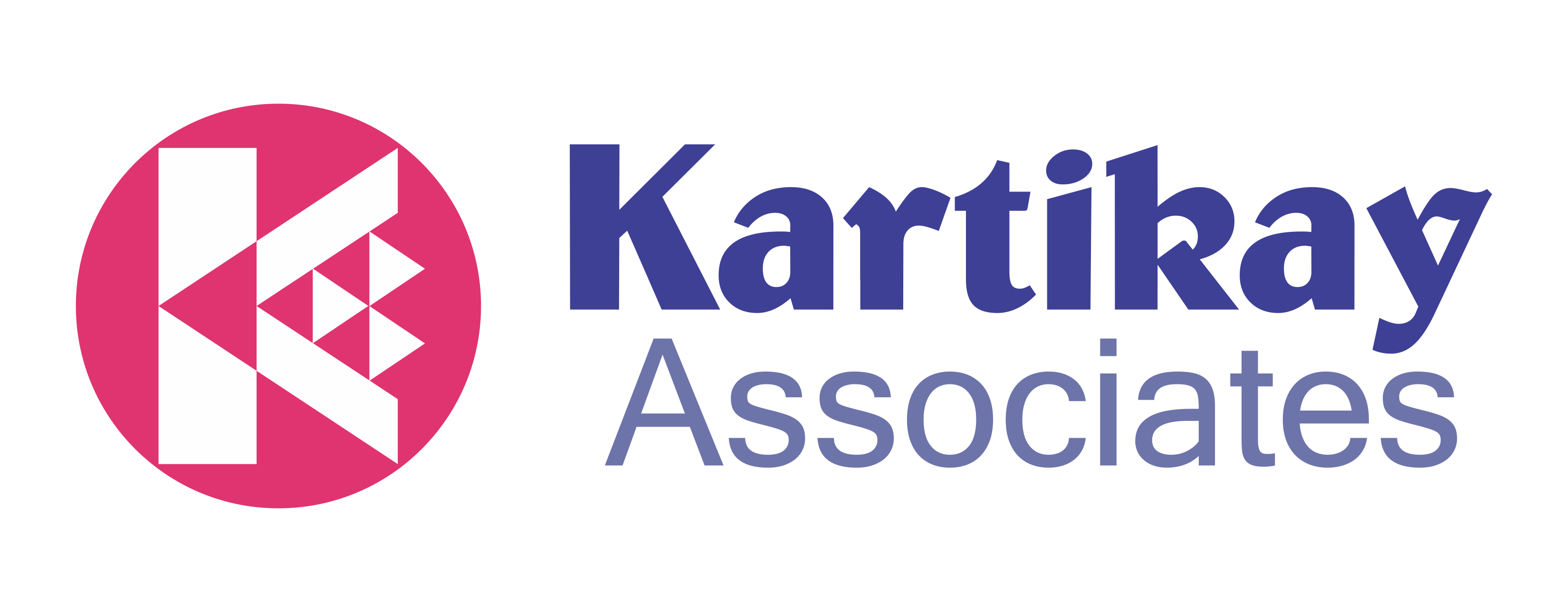The word ‘Productivity’ brings to our mind the ratio between output and input. This ratio will have units. For example, number of fan blades per sheet of aluminum, number of pieces per machine hour, 200 shafts per man shift, two TVs sold per square foot of shop area, etc. Similarly, the relationship between results produced, divided by the efforts put in, also signify individual or personal productivity. Productivity has a linkage with effectiveness or result orientation. We often hear slogans like ‘more with less, ‘productivity means profitability, ‘productivity lies at the very core of improvement that we make’ etc.
“Productivity is never an accident. It is always the result of a commitment to excellence, intelligent planning, and focused effort.”
–-Paul J. Meyer
I discovered in my Advanced Work-Study course at NITIE – (National Institution for Training in Industrial Engineering), a few decades ago, that the attitude one holds towards work is the cause for improvements at the workplace. A productivity expert has two main viewpoints towards everything around him:–
- “Nothing is the best, even the best can be bettered.”
- “When I see waste of any kind around me, be it in materials, methods, manpower or land and building, my blood starts boiling.”
From the above, it is clear that improvements will result from these attitudes. As we know attitude shapes behavior and behavior shapes performance.
Now, working in the HR domain, having shifted from machines to people 20+ years ago, I found that individual productivity can be enhanced substantially by proper time management, focus and un-relenting discipline. A pro-active mindset, that is, creating a scenario about the future and taking a decision today for tomorrow in such a way that if anything good is going to happen, can I advance it or if anything bad could happen, can I prevent it?, takes individual productivity to greater heights.
Next comes team productivity, wherein, simple strategies like being sensitive to other’s needs in the team, having a mindset of ‘either all win or no one wins’, staying focused on the team’s goals, a spirit of contribution and a sense of camaraderie can take the team to much higher levels of team excellence.
Finally, we come to organizational productivity, wherein, I have found in my practice, as a business consultant, inter-team collaboration plays a vital role. Often we have teams working individually superbly well. For example, marketing team and the production team may be functioning independently quite well, however, when it comes to joint working there could be hindrances. Fortunately, these inter-team issues can be resolved by appropriate interventions and productivity levels of the organization can move up a few notches.
Thus, the concept of productivity lies at the very core of our existence and its understanding and deployment in daily life can make us achieve more with our existing resources, including time.




